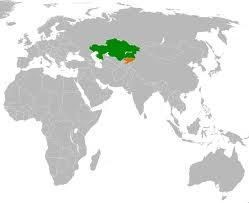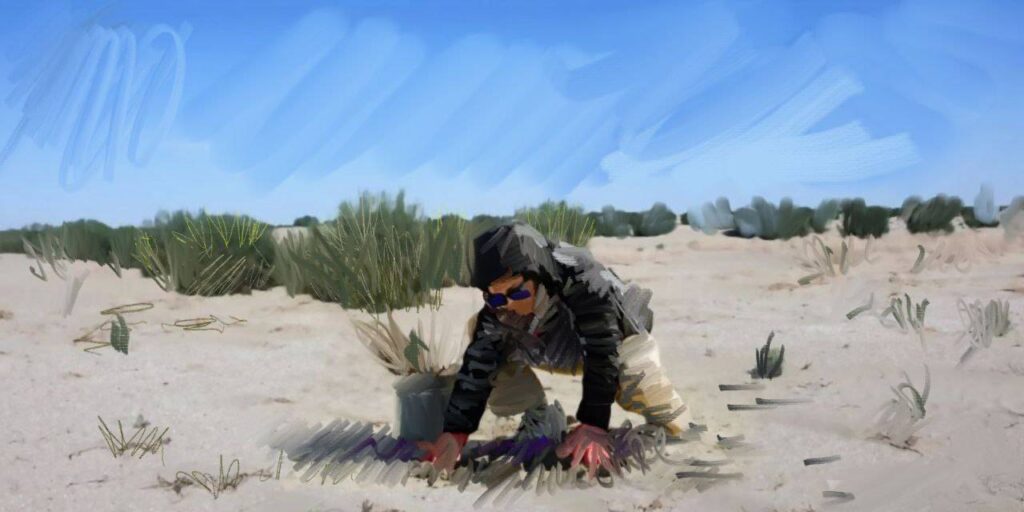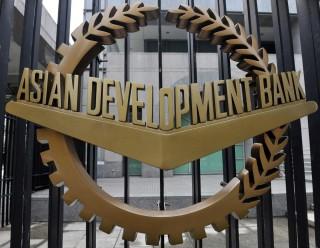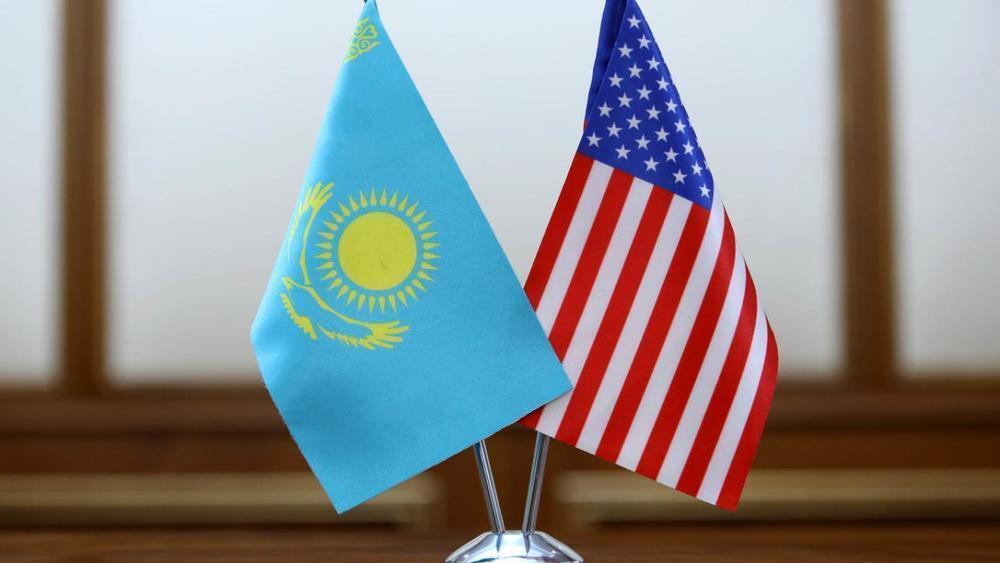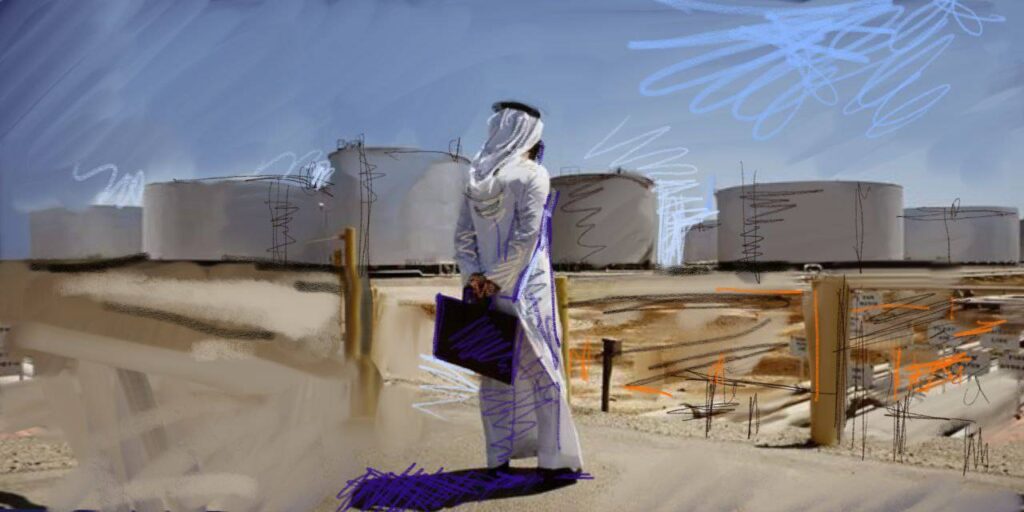BISHKEK (TCA) — “The Kyrgyz Republic has deliberately chosen the path of Eurasian integration, as it best meets the strategic economic interests of the country. This decision was dictated by long-term national priorities of the Kyrgyz Republic,” Sapar Isakov, Prime Minister of Kyrgyzstan, said at the Eurasian Intergovernmental Council meeting on October 25 in Yerevan, Armenia.
The Council’s meeting gathered prime ministers of Eurasian Economic Union (EEU) member states — Armenia, Belarus, Kazakhstan, Kyrgyzstan, and Russia.
The EEU Customs Code is among the most harmonized legislations, consisting of the best international practices and giving significant advantages to business, Isakov added.
The head of Kyrgyzstan’s Government spoke about the situation at the Kyrgyz-Kazakh border.
“We are negotiating with our partners at the level of prime ministers. You are all witnessing that there were certain problems, and some of them have been settled. But there is a question — should there be these problems, and do they correspond to the spirit of our partnership?” Isakov addressed the meeting participants.
On October 10, Kazakhstan strengthened border control at the Kyrgyz-Kazakh border. On October 18, Isakov visited Astana, where an agreement was reached on a priority in checking people with personal baggage, regular buses with passengers, cars and empty trucks.
The problem with crossing the border by trucks loaded with often perishable products remains unresolved, as long lines of trucks continue standing on the Kyrgyz side of the border.
“We would like to hope that our Kazakh friends will solve these issues, because our legal framework gives us every reason to say that vehicles loaded with our goods should not stand but should pass the border, as it is written in our contracts,” Isakov said. The EEU basic principles provide for the free movement of goods, capital, services and labor.
In the framework of Kyrgyzstan’s presidency in the EEU, 2017 was declared the year of improvement of business conditions. Decisions made under Kyrgyzstan’s chairmanship will contribute to improving the business competitiveness of the EEU countries in the long term, Isakov said.
Kazakhstan’s position
The work carried out by Kazakhstan on the border “is not directed specifically towards the Kyrgyz side,” Prime Minister of Kazakhstan Bakytzhan Sagintayev said at the meeting. Kazakhstan does not pursue anything but reducing tax losses and smuggling, and “this also applies to our other friends in the Union,” he added.
The two states have to develop and adopt a roadmap, consisting of 48 points, to outline the ways of implementing the agreement. “We have full understanding on 43 points and in the future, our services will work on their implementation,” Sagintayev said.
He presented a brief overview of the situation regarding the supply of goods from China to the EEU member countries.
The statistics of imports of goods from China to the EEU states shows its decline in all countries except Kyrgyzstan. In 2016, almost 50% less goods were imported from China to Kazakhstan than two years earlier. Russia imports 25% less goods from China, and a slight decrease is in Belarus. The increase in customs duties from China imports is only in Armenia – by twice, and in Kyrgyzstan — more than sixfold.
Comparison of the data on trade between China and Kyrgyzstan revealed significant discrepancies. According to China’s foreign trade statistics, exports to Kyrgyzstan amounted to $4.3 billion in 2015. According to Kyrgyzstan, imports amounted to $1 billion. The deviation is $3.3 billion. In 2016, the discrepancy exceeded $4 billion. For this year, according to preliminary estimates, the deviation will be $2.5 billion, Sagintayev said.
As a result, the amount of customs duty losses in the EEU budget will be about $828.6 million for three years, Sagintayev said. Therefore, the increase of control at Kazakhstan’s border is aimed at identifying violations by cargo carriers, he concluded.
Kyrgyzstan’s view
Not only Kyrgyzstan but all the EEU member countries are facing the problems of unaccounted imports, and it is not correct to say that only Kyrgyzstan has such problem, Economy Minister of Kyrgyzstan Artem Novikov told journalists in Yerevan.
If to compare statistics in Kazakhstan, the situation is the same, he said. For example, China showed $8.5 billion exports to Kazakhstan at the end of 2015, while Kazakhstan showed $5 billion in imports, Novikov said.
Kyrgyzstan’s Government intends to analyze the statement of the Prime Minister of Kazakhstan, and to submit a separate statement.
Despite the agreement concluded by PM Isakov in Astana, and even if the roadmap is signed, the border will not open, and there will be no free movement of goods from Kyrgyzstan, according to the Kazakh side.
“Therefore, the road map has not been signed. Further work on this issue will be carried out taking into account the EEU mechanisms and our bilateral consultations with Kazakhstan,” Novikov concluded. Last week, the Economy Ministry of Kyrgyzstan appealed to the WTO and the Eurasian Economic Commission regarding this issue.
Minister Novikov said that the strengthened border control mechanism that is currently being applied by Kazakhstan violates the EEU rules on the free movement of goods, services, capital and labor.
Conclusion
The relations between the two countries have deteriorated after harsh statements of outgoing President of Kyrgyzstan Almazbek Atambayev regarding the Kazakh president, made on the eve of the October 15 presidential elections in Kyrgyzstan. Shortly thereafter, enhanced border control was introduced by the Kazakh side.
Some experts believe the situation on the Kyrgyz-Kazakh border may be resolved after the inauguration of the new Kyrgyz president, which will take place before December 1, 2017.
Other experts believe the main role in resolving the border situation belongs to Kyrgyzstan’s Government, after its powers will intensify after December 1, according to the amended Constitution. Much will then depend on the actions to be taken by the cabinet of Sapar Isakov.
